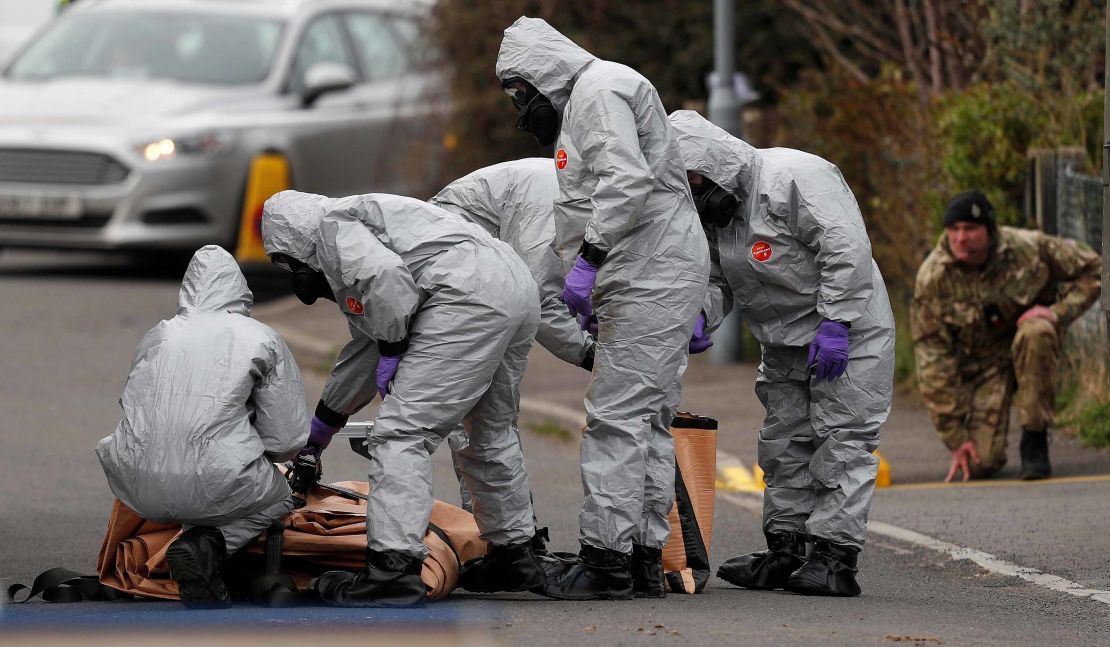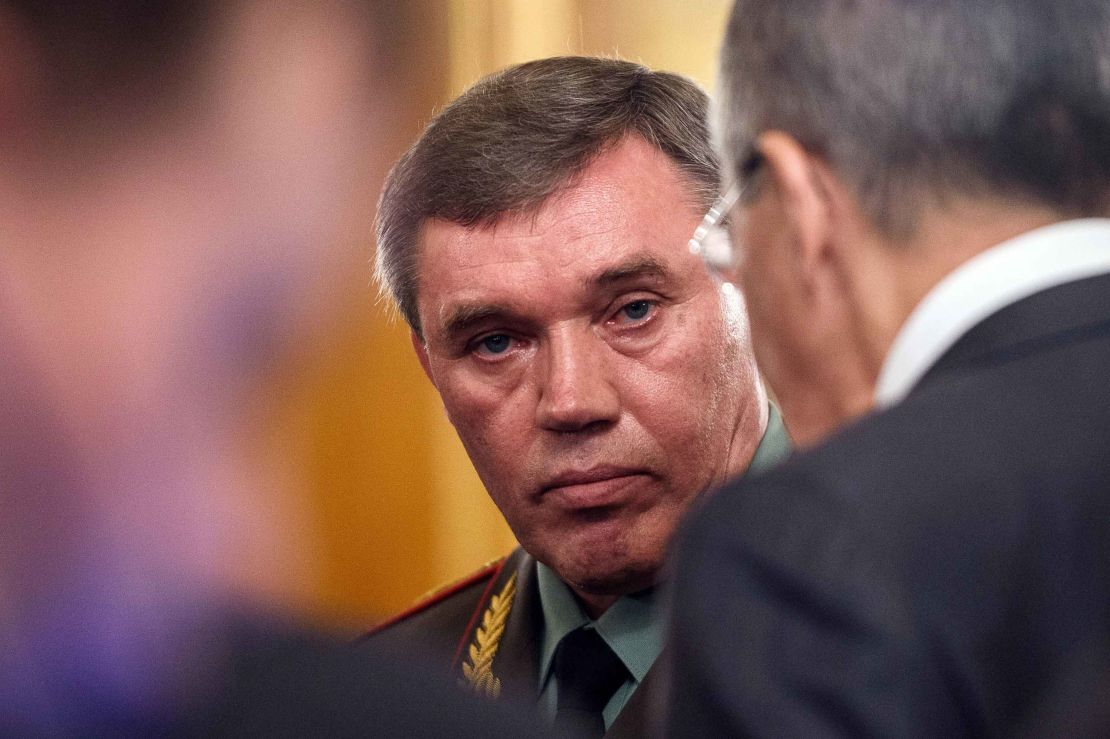The recent Russia headlines have been alarming: The poisoning of a Russian double agent in England set off a diplomatic confrontation between Moscow and London; the Trump administration announced new sanctions on Russia for attempts to interfere in the 2016 presidential election; and the US ambassador to the United Nations warned that Washington was “prepared to act” if the Russian-backed regime of Syrian President Bashar al-Assad continued to pummel the rebel-held enclave of Eastern Ghouta.
The response from Russia? A collective shrug.
Yevgeny Prigozhin — a confidante of Russian President Vladimir Putin indicted by special counsel Robert Mueller for allegedly meddling in the 2016 election — reflected the official mood when he said he “couldn’t care less” about the new US sanctions, and that he would “stop going to McDonald’s,” state news agency RIA-Novosti reported Thursday.
Russia has delivered weeks of sensational headlines. Before the poisoning of former Russian double agent Sergei Skripal and his daughter Yulia in the English city of Salisbury on March 4, a self-described Russian “seductress” offered a tantalizing new twist to the Russian scandal rocking Washington, saying she wanted American help to escape a Thai detention center in exchange for information on alleged links between US President Donald Trump and Russia. Before that, revelations emerged about US airstrikes that killed and injured dozens of Russian mercenaries in Syria in February.

But Russians can be forgiven for not taking much notice. The biggest domestic news in Russia by far is the presidential election on Sunday, which Russian President Vladimir Putin is expected to win by a wide margin. On Friday, the last official day of campaigning before voters go to the polls, Russia’s state-run Rossiya 24 featured heavy coverage of the last-minute speeches and appearances by the candidates.
As news hit of new US Treasury sanctions on Russia on Thursday, Rossiya 24 focused in part on a story in neighboring Ukraine, where the country’s top prosecutor had accused Nadia Savchenko, a war hero and nationalist member of parliament, of backing an alleged coup plot. (Savchenko, who has parliamentary immunity from prosecution, says the charges are politically motivated). That’s unsurprising: Russian state-run media loves to highlight stories that show the apparent chaos of Ukraine and its Western-backed government.
Mocking the US
And earlier in the week, there was a bit of schadenfreude over the political wrangling in Washington.
Olga Skabeeva, an anchor on state television, mocked the firing of US Secretary of State Rex Tillerson by Trump.
“Yesterday, Tillerson supported Theresa May in her ‘highly likely’ (#Skripal poisoning) allegation. So Trump immediately fired him. Trump is ours!” she wrote on the Telegram messaging service.
The investigation into the Skripal poisoning and fanfare in Washington over new sanctions on Russia are described by Russian officials with one word: Russophobia, shorthand for what they describe as a deliberate campaign by the West to malign the country.
In a briefing Thursday, Russian Foreign Ministry spokeswoman Maria Zakharova suggested that the media uproar over Russia was part of a “colossal campaign to contain Russia and attempts to isolate it,” a conspiracy backed by the “representatives of the American establishment.”
‘A fashion trend’ to blame Russia
Such views filter down to the Russian street.
Alexei Popov, a 25-year-old resident of Moscow, said hedidn’t believe the Russians had poisoned Skripal.
“It could be Americans, it could be anyone,” he said. “It’s now a fashion trend to point fingers at Russia. They just have such low opinion of us which is not good.”
Vladimir Vorontsov, 37, said he also saw a deliberate Western campaign amid the headlines.
“This anti-Russian machine has been hyped up to a great extent, and I think this is the continuation of that,” he said.
But real dangers persist amid the propaganda. In an interview earlier this week, Gen. Valery Gerasimov, the chief of the Russian General Staff, made clear that any US strike against Damascus could prompt Russian retaliation.

Noting that Russian advisers are embedded with the Syrian military, he said, “In event of a threat to their lives, Russian Armed Forces will take retaliatory measures both on missiles and the launchers that will use them,” Russian news agencies reported.
More than anything, however, Putin dominates the agenda in Russia. In a video statement issued Friday, he urged fellow citizens to go the polls and cast a vote. He didn’t appear as a candidate, but the message was clear: The Russian government wants a high turnout, something that would boost the likely winner’s legitimacy.
“Use your power to choose the future of our great country, Russia, which all of us hold dear,” he said.
Additional reporting by Marshall Cohen and Mary Ilyushina in Moscow
